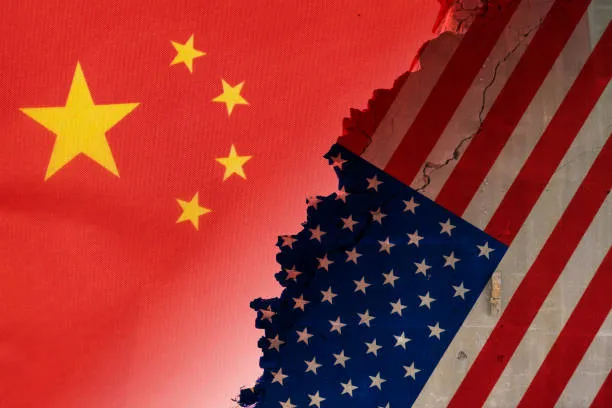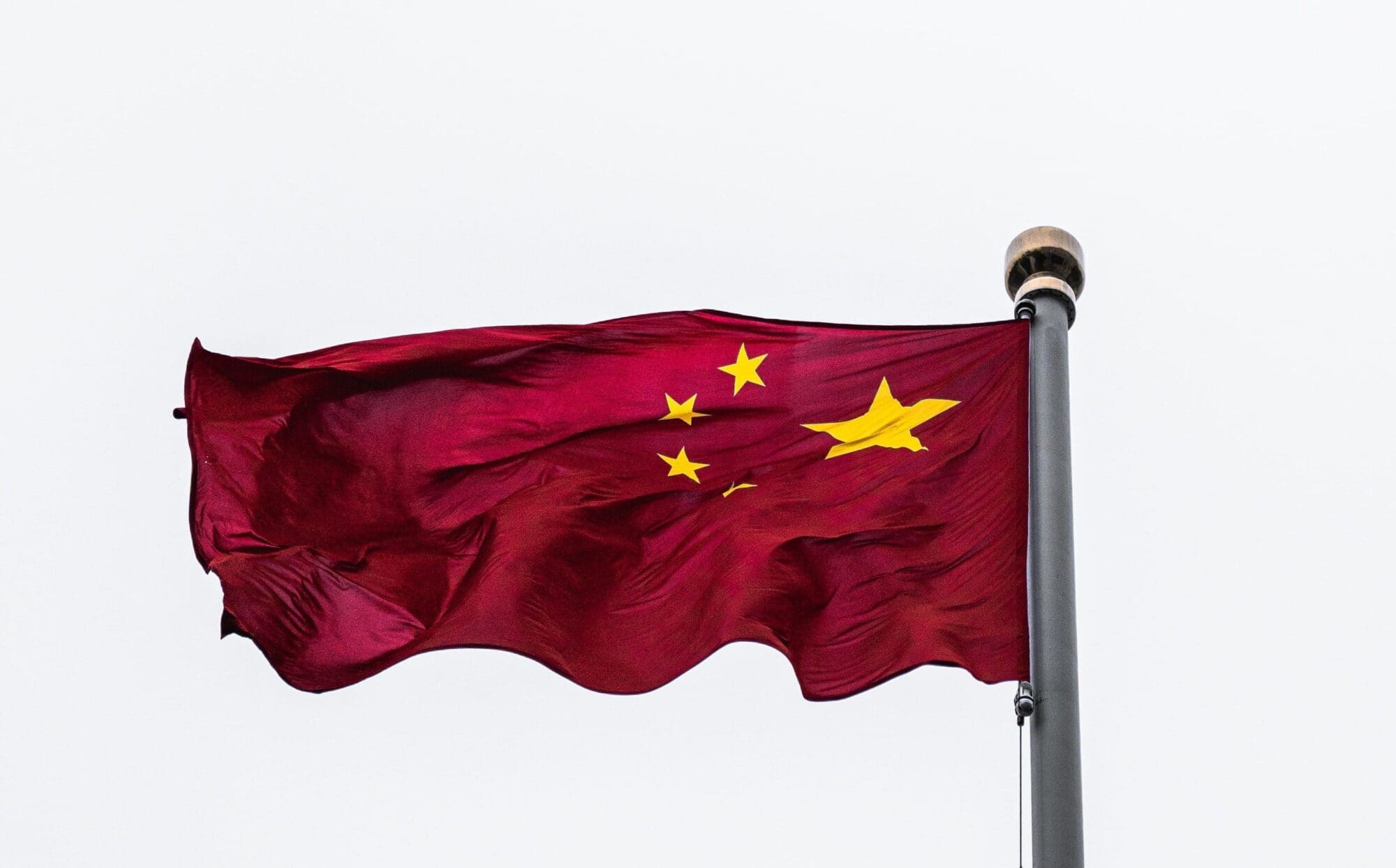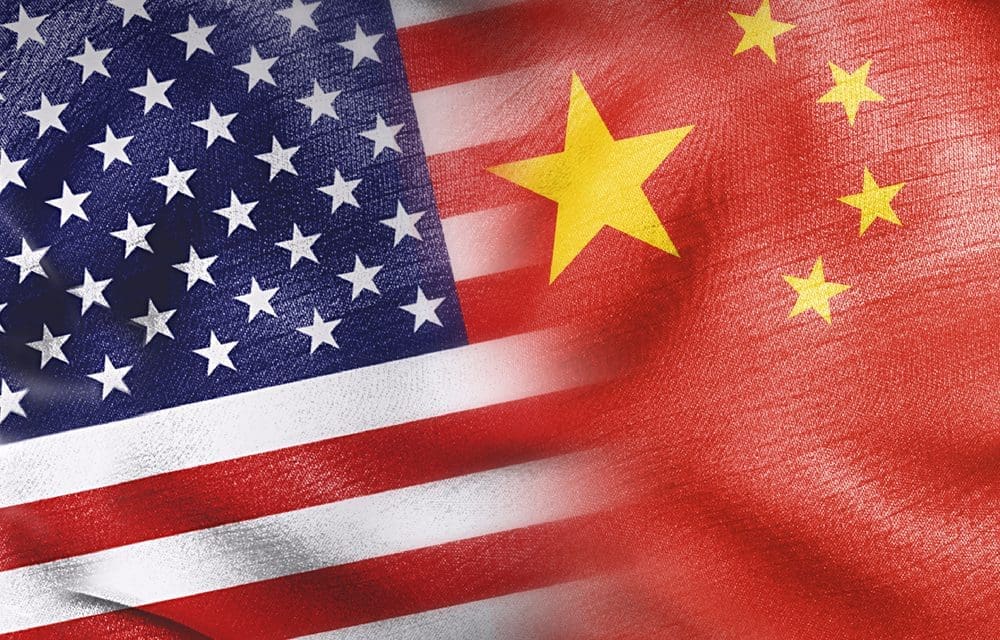Texas Gov. Greg Abbott is facing a lawsuit over his prohibition of the Chinese social media app TikTok on government-issued devices.
The Knight First Amendment Institute at Columbia University filed a lawsuit on behalf of the Coalition for Independent Technology Research against Abbott and other state officials this week.
The complaint alleges that Texas is violating citizens’ First Amendment rights by “imposing a broad restraint on the research and teaching of public university faculty” conducting studies of TikTok’s effects on users.
TikTok, which currently has more than 85 million users in the United States, is owned by the Chinese media company ByteDance. ByteDance employs Chinese Communist Party members and has a subsidiary partially owned by the country’s communist party, leading some to raise concerns that the app poses a security risk for the U.S.
Federal Bureau of Investigation Director Christopher Wray said TikTok harvests users’ data and cautioned that the Chinese Communist Party could use the information for espionage. Wray also raised concerns that ByteDance can alter the platform’s algorithm and “manipulate content.”
Last year, Abbott warned that the app may expose Texas officials to foreign surveillance and ordered all state agencies to ban TikTok from government-issued devices.
“TikTok harvests vast amounts of data from its users’ devices—including when, where, and how they conduct Internet activity—and offers this trove of potentially sensitive information to the Chinese government,” said Abbott. “While TikTok has claimed that it stores U.S. data within the U.S., the company admitted in a letter to Congress that China-based employees can have access to U.S. data. It has also been reported that ByteDance planned to use TikTok location information to surveil individual American citizens.”
Abbott’s directive also impacted state-funded public universities—leading several to prohibit students from using TikTok when connected to university Wi-Fi and wired networks.
However, some universities, including the University of Texas, implemented exemptions for students and faculty researching TikTok.
Although universities can allow for research exemptions, a senior staff attorney with the Knight First Amendment Institute, Ramya Krishnan, claimed that the TikTok ban still violates the First Amendment rights of students and faculty.
“Texas’s TikTok ban is an assault on academic freedom, which is the lifeblood of every university and a central concern of the First Amendment,” said Krishnan. “The court should make clear that Texas can’t shut down an important avenue of teaching and research at its public universities when there are far less intrusive measures that would secure its aims.”
The lawsuit is asking for the court to declare Abbott’s TikTok ban unconstitutional and exempt the plaintiff’s from the ban until Abbott and other state officials “provide them a constitutionally adequate means of accessing TikTok for research and teaching purposes.”
The use of TikTok on government devices is currently banned by the U.S. Department of State, the Department of Defense, and the Department of Homeland Security. Other states including North Dakota, Maryland, and South Dakota also prohibit the use of TikTok on government-issued devices.





